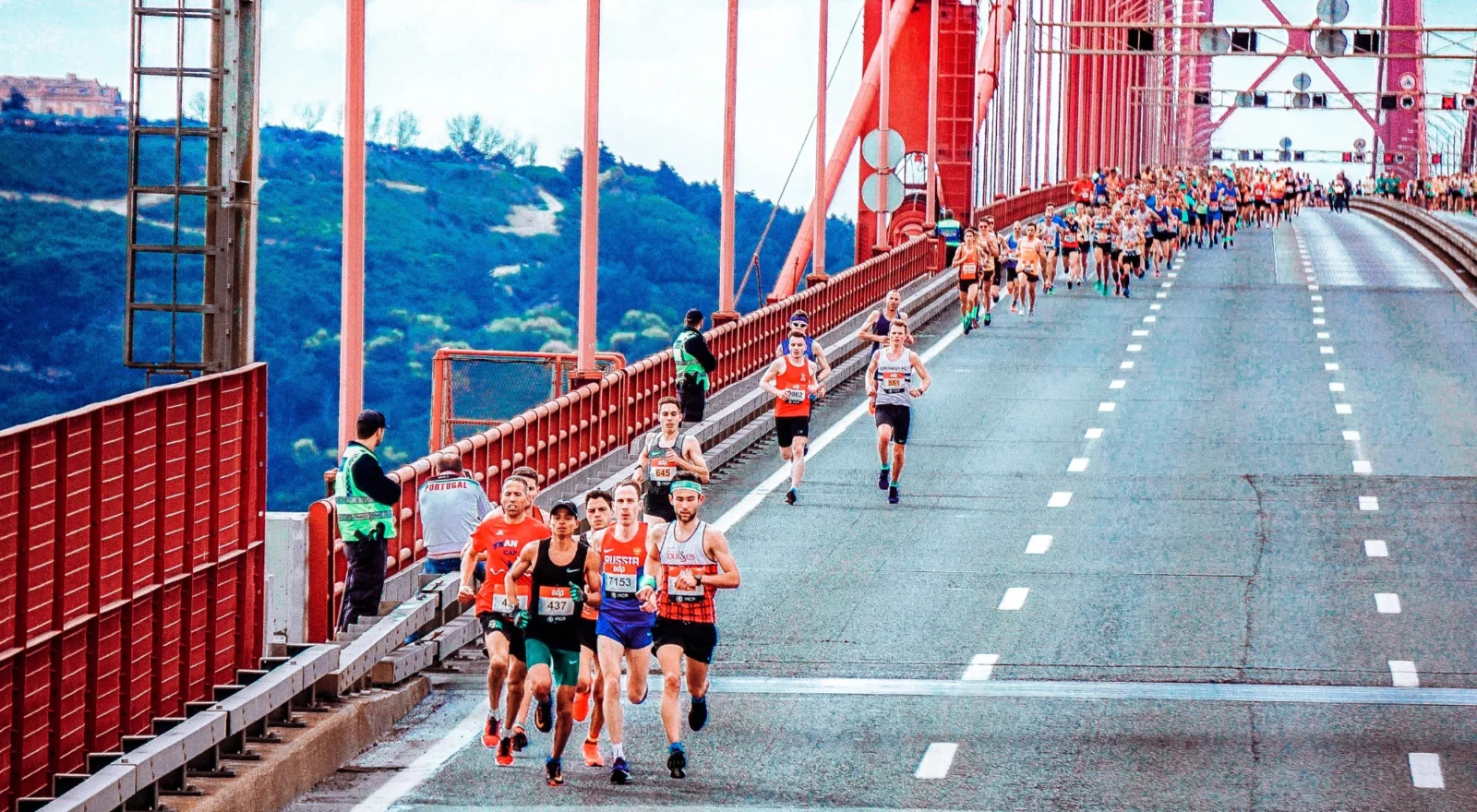Study Links Poor Air Quality to Slower Marathon Finish Times

New research reveals that even healthy, well-trained athletes experience performance declines due to air pollution, raising concerns about broader health impacts
Marathon runners meticulously plan their training, gear, and nutrition — but new research from Brown University suggests they may also need to consider air quality. A study published in Sports Medicine has found that fine particulate matter in the air can significantly impact race-day performance, even for the healthiest athletes.
Analyzing data from more than 2.5 million marathon finishers across nine major U.S. marathons between 2003 and 2019, researchers discovered that higher levels of fine particulate matter correlated with slower average finish times. Male runners experienced a 32-second delay per 1 µg/m³ increase in air pollution, while female runners saw a 25-second delay.
While these delays might seem minor, they are critical for runners striving for personal bests or professional records.
“Think of all the effort a professional runner like Eliud Kipchoge puts into breaking world records,” said study author Elvira Fleury, a former graduate student at Brown and current doctoral student at Harvard University. “Our results show that air pollution can’t be ignored by those aiming to optimize performance.”
The study utilized a sophisticated spatial-temporal model to measure air pollution levels at specific points along marathon routes. The findings revealed that even pollution levels below current health standards negatively impacted athletes.
Joseph Braun, professor of epidemiology at Brown, highlighted the broader implications: “This study shows air pollution affects not just the elderly or susceptible populations, but also the fittest and healthiest among us.”
The researchers suggest that regulating emissions from power generation, transportation and industry could improve overall health outcomes and athletic performance.
For endurance athletes and coaches, the study underscores the importance of factoring in environmental conditions during race planning. As marathons grow in popularity, awareness of air quality may become as crucial as proper hydration or pacing strategies.



